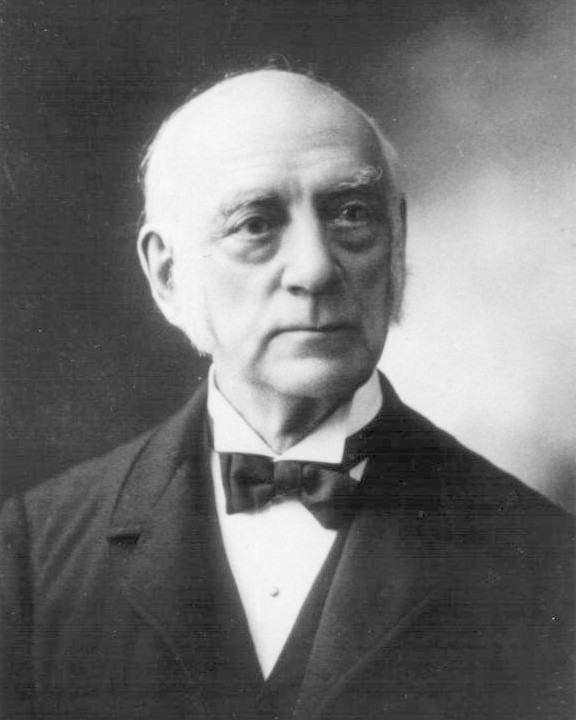 |
| James Curtis Hepburn |
Introduction
Hepburn is famous for Romaji [romanization; a way to write Japanese in the Latin alphabet - Ed] in Japan, but do you really believe that Romaji was invented by Hepburn? In fact, it is not true. I’m going to write about that later.
Background
Hepburn was born in America. His father was a lawyer, and his mother believed in Christianity. Thanks to smart parents, he was good at studying. He entered a college at 16 years old. He majored in medical and learned the Bible, which made him be interested in Christianity. After graduation from the college, he married Kurara who was Christian. Hepburn spent most his life in other countries to propagate Christianity with his wife.
Life in China for 5 years
Hepburn and his wife moved to China in spite of his parents’ objections. In China, they had many difficulties. At first, they faced a handicap in language. What is worse, Kurara had a miscarriage and next baby died soon after the birth. In addition, Hepburn and Kurara suffered from Malaria. They had to go back to America for treatment. Then Hepburn started a medical office and succeeded in it. He got a good reputation; however, he decided to leave America again to Japan for propagation.
Life in Japan for 33 years
Hepburn and Kurara arrived at Kanagawa prefecture. It took about 6 months to come to Japan. What surprised Hepburn at first was Japanese appearance. Men had a sword and a topknot. According to his diary, Japanese people were full of curiosity about foreign culture because Japan was closed for a long time. He tried to propagate Christianity but there was a serious problem. Christianity was illegal at the time. He once gave up doing that and opened a medical office. He learned Japanese through the work. His hospital became the most famous one in Kanto area. He got reputation also in Japan, but he wasn't satisfied with that because his purpose was propagation of Christianity.
He decided to study Japanese but there was no dictionary in Japan at the time so he started to make a dictionary. Hepburn started to prepare a dictionary. He mastered vocabularies, grammar, and idioms. But there were other problem. Japan didn't have the technology to print millions of words or make suitable paper. So Hepburn asked Chinese factory to do that. Finally he completed making dictionary 7 years after he came to Japan. He built a church and the members reached 200, so after all he achieved his goal to propagate Christianity.
Romaji
Japanese people think that Romaji was invented by Hepburn. Actually Romaji was made by Portuguese long before Hepburn used it for the first time in dictionary. He was just the person who put it into practice.
Reference
Anonymous, (n.d.). Kanagawa no ijin, nihon no ijin [A great man in Kanagawa and Japan]. Retrieved January 20, 2015 from http://www.hebon.sonanda.net/
Romaji
Japanese people think that Romaji was invented by Hepburn. Actually Romaji was made by Portuguese long before Hepburn used it for the first time in dictionary. He was just the person who put it into practice.
Reference
Anonymous, (n.d.). Kanagawa no ijin, nihon no ijin [A great man in Kanagawa and Japan]. Retrieved January 20, 2015 from http://www.hebon.sonanda.net/
No comments:
Post a Comment